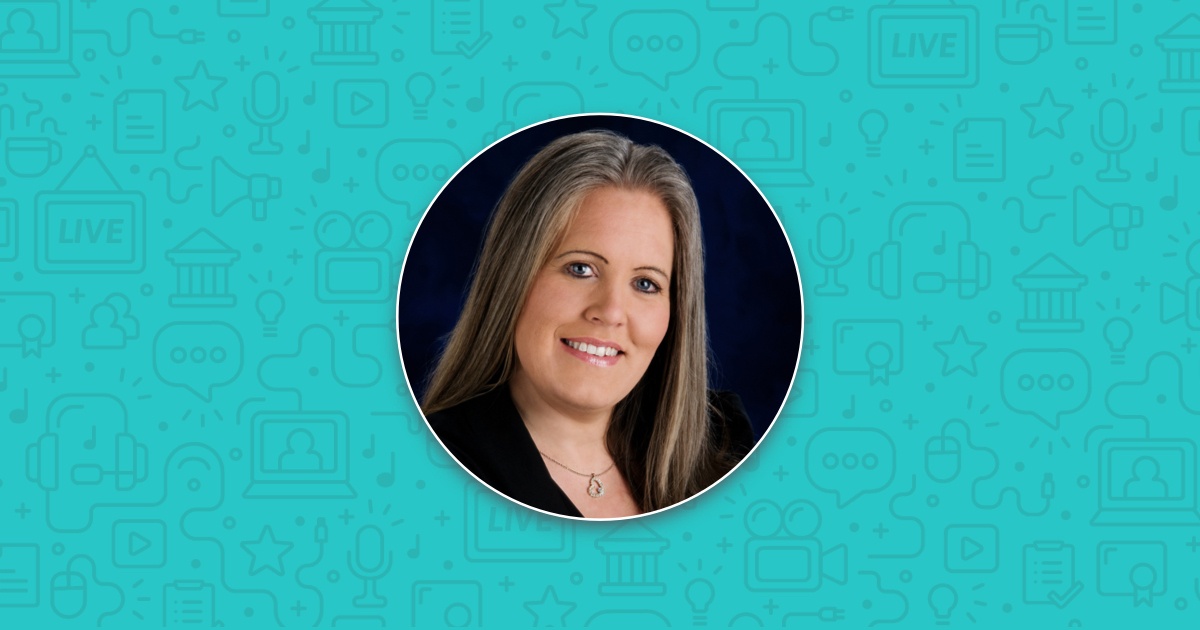Your professional accounting qualifications speak on your behalf, letting clients know that you are an expert in different areas of accounting and taxation. From federal tax updates to management training to ethics, when you complete the requirements for your CE and CPE credits, you prove that you are professionally competent and can deliver quality services.
As an accounting professional, you must acquire these CE or CPE credits throughout your career. Approved courses are designed to keep you current on changes and updates in the areas that affect your business as well as your clients. Although it may seem like CE and CPE courses are interchangeable, there are differences in how many you need, who reports them and where, and if the credits are required or voluntary.
What are CE courses?
Continuing Education (CE) describes a voluntary program administered by the IRS. By completing the appropriate number of CE courses, an enrolled agent (EA) can maintain their status. When you complete an IRS-approved CE course, the provider reports it on your behalf to the IRS.
CE requirements
To maintain your status as an EA, you must earn 72 hours of CE credits every three years. At least 16 of those hours must be earned per year, and two of those CE credits need to be in ethics. Not every tax course out there will qualify you for IRS CE credits as the classes and the providers must be approved by the IRS.
What are CPE courses?
Continuing Professional Education (CPE) courses are required for licensure renewal as a CPA in every state. All states accept CPE credits approved by NASBA (National Association of State Boards of Accountancy) to some extent, but standards are set by each state, so many states have additional requirements as well.
CPE requirements
Because each state sets its standards, the number of credits you must earn and the reporting periods will differ. Your state’s board of accountancy will require you to report every CPE credit you earn, and it’s up to you to keep on track for the amount you need.
For example, in the state of Washington, CPAs must earn 120 CPE credits over three years (with a minimum of 20 credits per year) in order to maintain their license. CPE credits must include at least four hours of ethics courses approved by the state board and no more than 60 hours of non-technical courses such as personal development or management topics.
In contrast, Colorado CPAs are required to earn 80 CPE credits over two years, with four hours of ethics and personal development courses are limited to 20% of overall credits.
Your state board can provide details about the type of CPE courses you need to take to qualify for a license renewal and may even link to approved providers. Make sure you visit your state’s website to get more information about what you need to stay eligible and informed.
CE vs. CPE credit
In summary, these are the main differences between CE and CPE credit:
CE credit
Who: Enrolled agents
How many credits: 72 credits every 3 years
Organization to report to: IRS
CPE credit
Who: CPAs
How many credits: Varies based on state
Organization to report to: State boards of accountancy
Free CPE online courses
For free CPE online courses and CE courses, check out Courses by Canopy. Each course is approved by the IRS and NASBA and available as a webinar or self-study video course. Additionally, you can register for an unlimited number of courses with a free account.








Get Our Latest Updates and News by Subscribing.
Join our email list for offers, and industry leading articles and content.